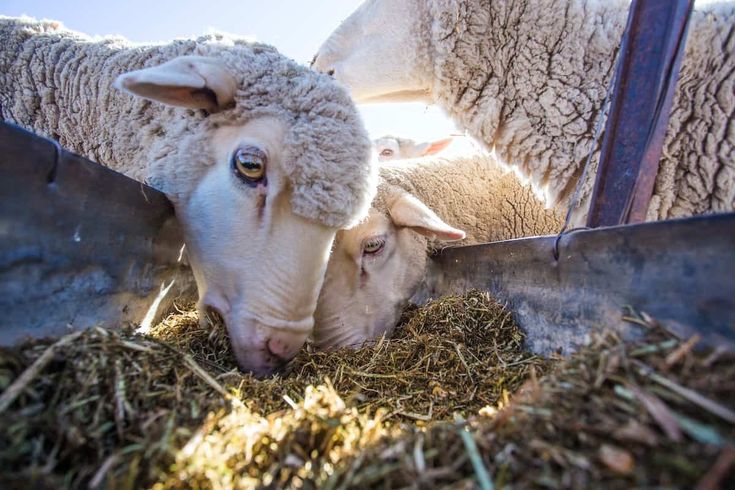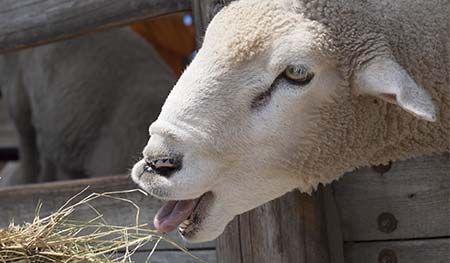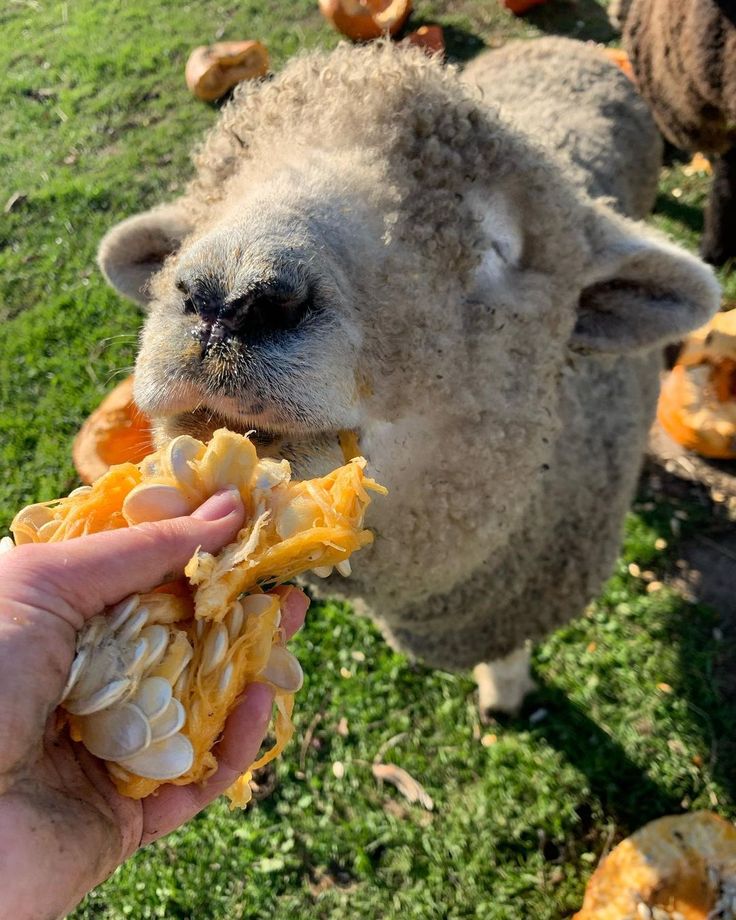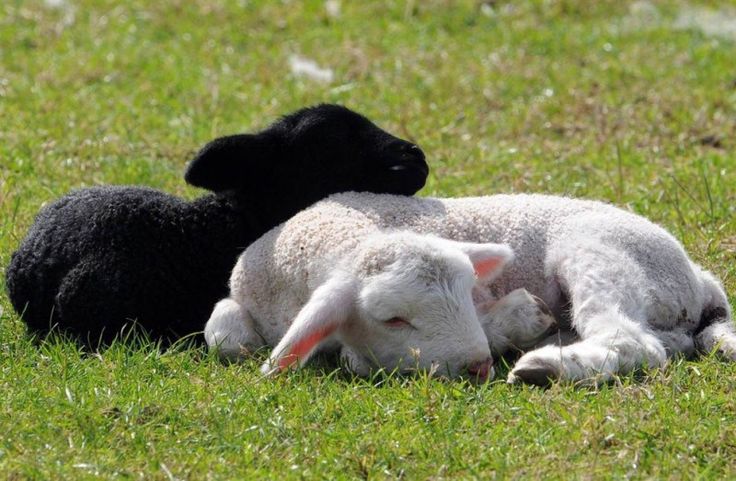Proper nutrition is fundamental to the health, productivity, and overall well-being of your sheep flock. Whether you’re raising sheep for meat, wool, or milk, understanding their nutritional requirements is essential for optimizing growth, reproduction, and health.
Nutritional Requirements of Sheep
1. Energy
This is a primary requirement for all sheep, influencing growth rates, reproductive performance, and lactation. Energy is primarily provided through carbohydrates and fats in the diet. Grains like corn and barley are excellent energy sources, while forages (such as hay and pasture) provide a more gradual energy release.

2. Protein
Protein is vital for muscle development, wool production, and overall body maintenance. Young, growing lambs and lactating ewes have higher protein requirements compared to mature sheep. Good sources of protein include legumes (like alfalfa), soybean meal, and commercially formulated sheep feeds.
3. Minerals
Minerals play a crucial role in numerous bodily functions, including bone development, enzyme function, and reproduction. Key minerals for sheep include calcium, phosphorus, magnesium, and trace minerals like copper and zinc. Sheep often require mineral supplements, especially if grazing on pasture with low mineral content.

4. Vitamins
Vitamins are essential for maintaining health and preventing deficiencies. Vitamin A, D, and E are particularly important for sheep. Green forages provide Vitamin A, while exposure to sunlight helps produce Vitamin D. Supplements may be necessary, especially during winter months when pasture is limited.
Common Feeding Practices
1. Grazing
Pasture grazing is the most natural and cost-effective way to feed sheep. High-quality pastures rich in clover and grasses provide essential nutrients. Rotational grazing can enhance pasture health, allowing grasses to regrow and maintain nutrient levels.
2. Hay and Forage
During periods when pasture is unavailable, high-quality hay and silage are essential. When selecting hay, look for a clean, leafy product without mold or excessive stems. Alfalfa and clover hays are excellent choices due to their high protein content.

3. Grain Feeding
In addition to forage, grains can be fed to meet energy needs, especially for growing lambs, pregnant ewes, and lactating mothers. Gradually introduce grains to avoid digestive issues, and ensure that the total diet is balanced.
4. Supplements
Mineral and vitamin supplements can help fill nutritional gaps. Providing a free-choice mineral block can ensure that sheep receive necessary trace minerals. Always consult with a veterinarian or animal nutritionist to determine specific supplementation needs.

At Kimd Group Companies, we support beginner farmers by offering tailored business proposal writing services and design plans for various animal capacities. Whether you’re just starting out or looking to expand, we provide the resources and expertise to help you succeed in the farming industry.
Special Nutritional Considerations
1. Pregnant and Lactating Ewes
Pregnant ewes have increased nutritional demands, particularly in the last trimester. Ensure they receive adequate energy and protein to support fetal development and prepare for lactation. After lambing, provide high-quality forage and supplements to support milk production.
2. Growing Lambs
Lambs require a nutrient-dense diet to support rapid growth. Begin introducing grain and concentrates at an early age to help them transition from mother’s milk to solid food.

3. Seasonal Variations
Seasonal changes affect forage quality and availability. Monitor pasture conditions and adjust feeding strategies accordingly. In winter, provide higher quality hay and consider using grain to supplement energy intake.
Monitoring Flock Health
Regularly assess your flock’s body condition score (BCS) to evaluate their nutritional status. A score of 1 to 5 helps indicate if sheep are underweight, at ideal weight, or overweight. Adjust feeding practices based on BCS to ensure optimal health and productivity.
Conclusion
Understanding and implementing proper nutrition for your sheep is crucial for their health, productivity, and overall well-being. By providing a balanced diet tailored to the specific needs of your flock, you can promote healthy growth, enhance reproductive performance, and ensure high-quality wool and meat production. Regular monitoring and adjustments based on seasonal changes and individual requirements will further support the success of your sheep farming operation.
